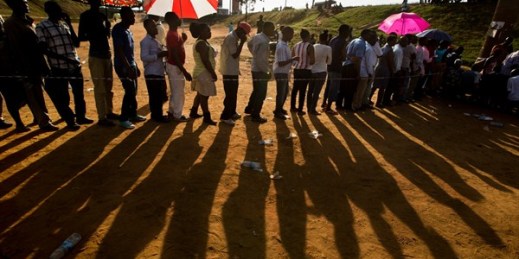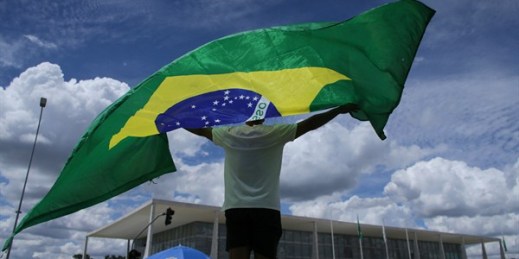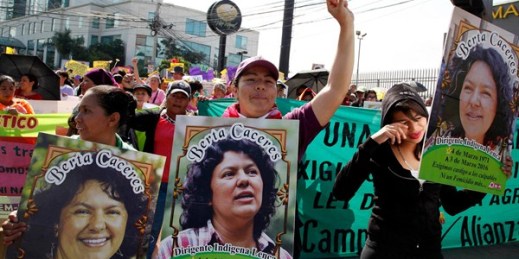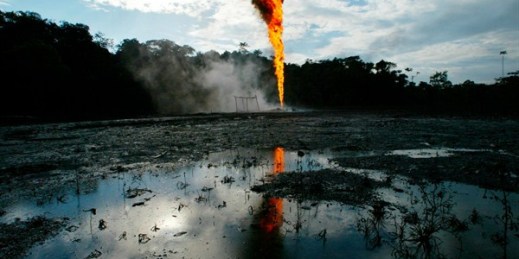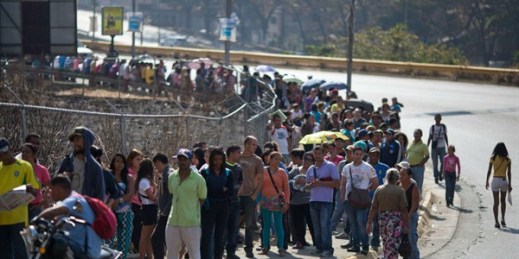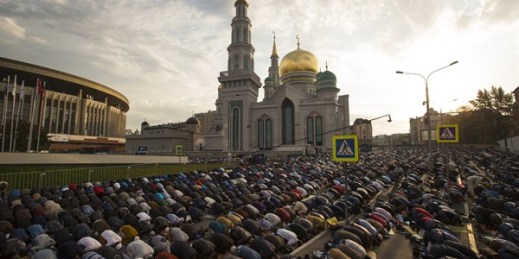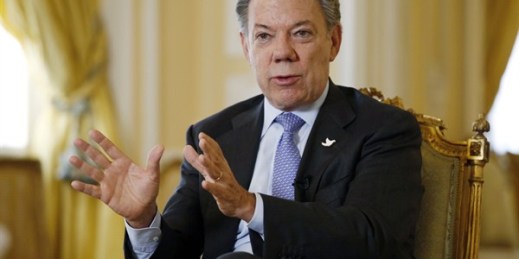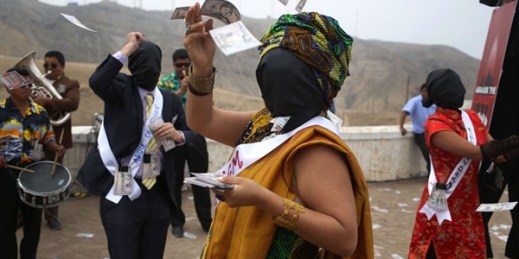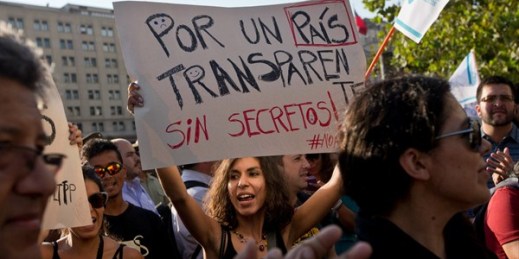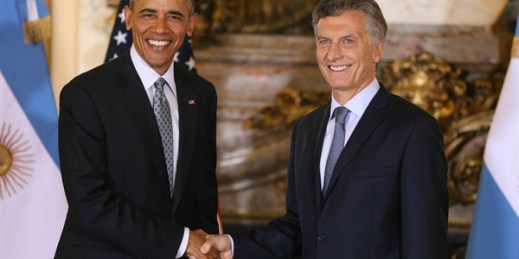
During his recent visit to Buenos Aires, President Barack Obama enthusiastically embraced Argentina’s new president, Mauricio Macri, who took office last December promising to overhaul the country’s economy, politics and foreign policy, including its endemic anti-Americanism. Obama appeared eager to endorse Macri’s new approach, and while thousands protested the visit, Obama made a statement that expressed surprisingly lofty ambitions for the new administration in Buenos Aires. “Argentina,” Obama declared, “is re-assuming its traditional leadership role in the region and around the world.” The notion of Argentina becoming a regional leader will strike some as awkward. Latin Americans frequently decry what […]

